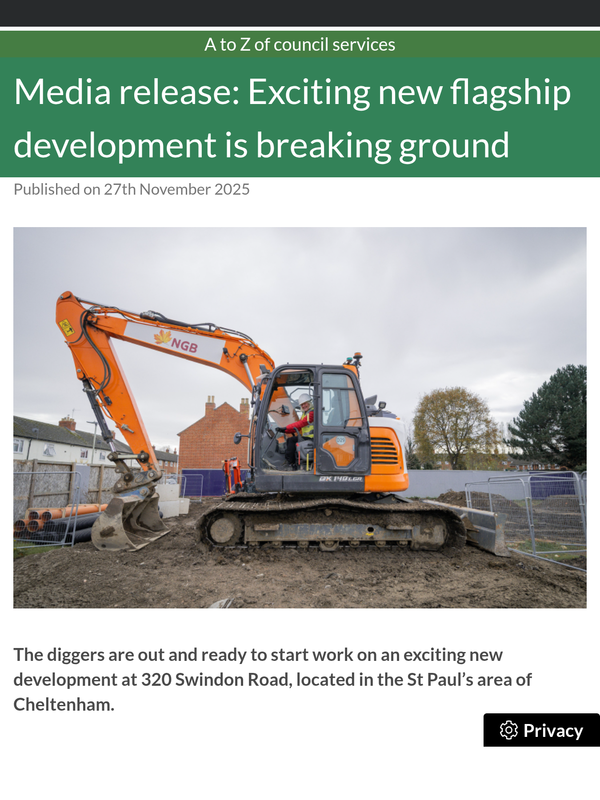The Battle for the Environment Starts Where You Live – Literally

Cheltenham Rent Crisis: A Climate Battleground
The climate crisis demands action on multiple fronts, and while technological innovation and individual responsibility are important, a critical and often overlooked area for intervention is the housing market – specifically, the crushing burden of rent. For young people and families, rent affordability is the sharp end of a system that prioritizes profit over people and planet. But there are concrete steps we can take, starting with a simple, measurable goal: ensuring rent never exceeds a reasonable proportion of income.
The Fake Affordability Definition.
We’re constantly told about the need for more housing, but the real issue isn't simply a lack of units; it's a lack of affordable units. The key metric we should be focusing on is the percentage of disposable income spent on rent. A healthy, functioning housing market should ensure that rent never exceeds 25% of after-tax income for most people. Ideally, that figure should be closer to 20%, and for basic, utilitarian housing – what was once simply called council housing – it should be as low as 15%.
Unnecessary work consumes unnecessary resources.
Crucially, access to this basic, affordable housing should not be restricted based on income or circumstance. Anyone, regardless of their financial status, should have the option to live in a decent home at close to its cost of building it. This removes the artificial scarcity that drives up rents and empowers individuals to make different choices about work, consumption, and their contribution to the fight against climate change.
Clarity of measurement illuminates decisive action.
The beauty of this approach is its simplicity. We don't need endless debates about housing policy or complex construction projects. We can use this metric – the percentage of income spent on rent – to guide our actions. If the majority of people are paying less than 25% of their disposable income on rent, then we’re on target. If, however, a significant portion of the population is exceeding this threshold, it signals a problem that needs immediate attention.
Counter the distorting influence of Airbnb.
This is where targeted interventions become crucial. One key area is addressing inefficiencies in the housing market. Practices like pop-up hotels in residential areas, facilitated by platforms like Airbnb, directly contribute to the housing crisis. In a market where people are already struggling to afford rent, these practices effectively reduce the available housing stock and drive up prices. These kinds of leaks in the system need to be plugged.
Organizations like the Cheltenham Tenant Union play a vital role in monitoring these metrics and advocating for policies that prioritize affordability. By focusing on the proportion of income spent on rent, we can effectively manage the housing market and ensure that it serves its intended purpose: providing safe, affordable housing for everyone.
The fight for a sustainable future isn't just about abstract concepts; it's about the very real struggles people face every day. It's about the young family struggling to make ends meet, the student forced to live in overcrowded conditions, the key worker priced out of their own community. The battle for the future of the planet starts where you live – literally. And it starts with ensuring that everyone has access to affordable, secure housing. By focusing on rent affordability, we can empower individuals, strengthen communities, and create a more just and sustainable world.


